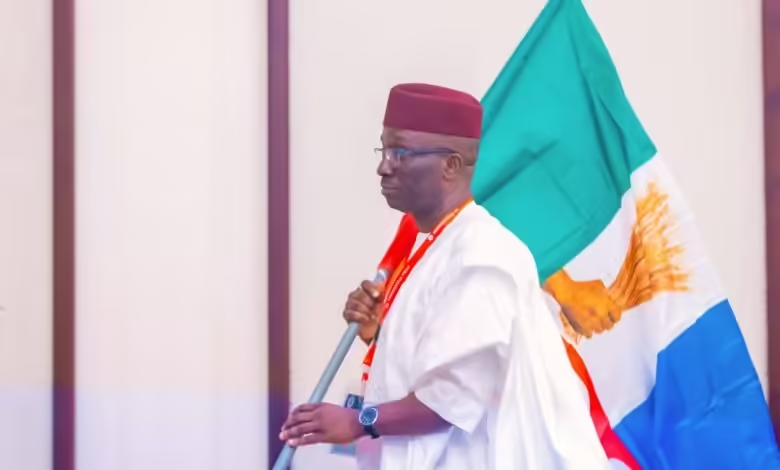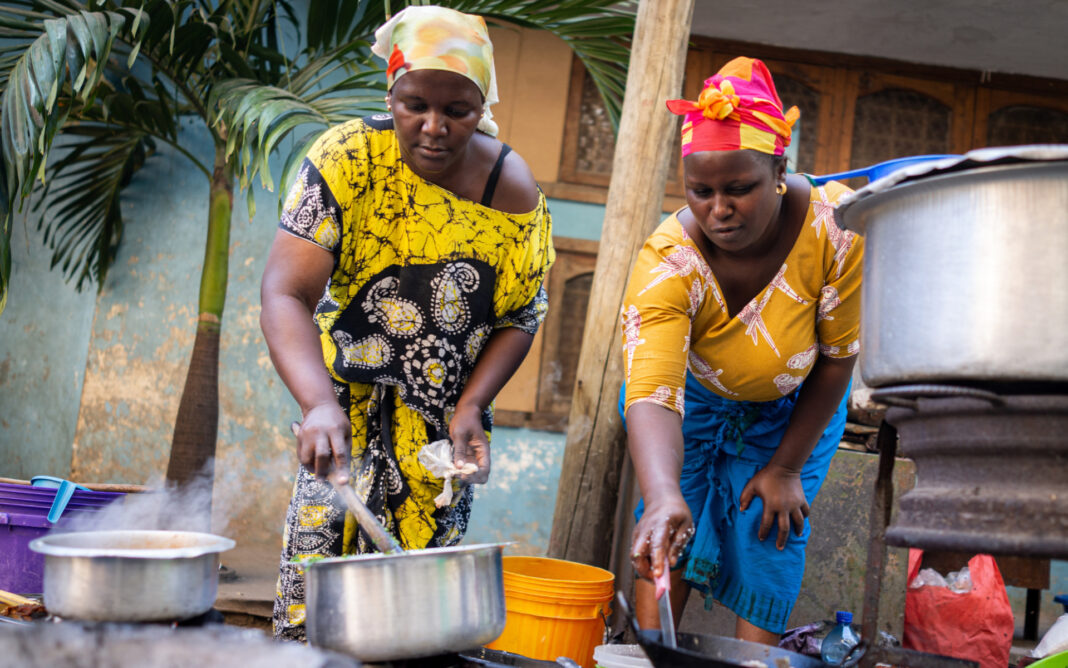The Dangote refinery may resort to exporting it petrol following the refusal of the Nigerian National Petroleum Company Limited to be the sole buyer of its product.
The NNPC, in a statement by its spokesman, Olufemi Soneye, said on Saturday that it would not buy Dangote fuel unless it was cheaper than that of the international market.
However, NNPC’s position has fueled fears that Nigerians will miss out on cheaper fuel, with many now watching as the refinery eyes foreign markets to stay profitable.
The oil giant’s refusal to act as a distributor or price-setter for Dangote products has dashed hope over earlier believe that local refining would bring relief to the country’s ongoing fuel crisis.
“The pricing of petroleum products is determined by global market forces. If prices in Nigeria remain low, there’s no reason Dangote Refinery shouldn’t sell abroad where demand and prices are higher,” said Soneye, effectively confirming that Dangote’s long-anticipated petrol might be shipped overseas.
But speaking on the Brekete Family live show, the Vice President of Oil and Gas at Dangote Industries Limited, Devakumar Edwin, said Dangote petrol would be exported if the NNPC and other petroleum dealers in the country refused to patronise it.
When asked if the petrol would be sold locally, Edwin replied, “There has been a kind of a blockade from lifting our products within the country. The traders have been trying to blockade, and so now, we have been exporting our petroleum products. We are ready to pump in PMS as much as possible to the country.
“But if the traders or NNPC are not buying the product, obviously we will end up exporting the PMS as we are doing with the aviation jet and diesel,” he declared.
He expressed surprise that the company started facing challenges it never expected when the refinery was set to commence operations.
Edward recalled that the idea initially was to add value to the raw materials available in the country, regretting that Nigeria was still exporting crude and importing refined petroleum products after over three decades.
Despite having a gantry that can load 2,900 tankers per day, Edwin disclosed that the refinery had not loaded up to five per cent of the gantry’s capacity owing to low local patronage.
The standoff has sparked disappointment across Nigeria, as many were counting on Dangote’s refinery to stabilize the volatile fuel market. Now, with negotiations at a standstill, the hopes of cheaper fuel are quickly fading.




